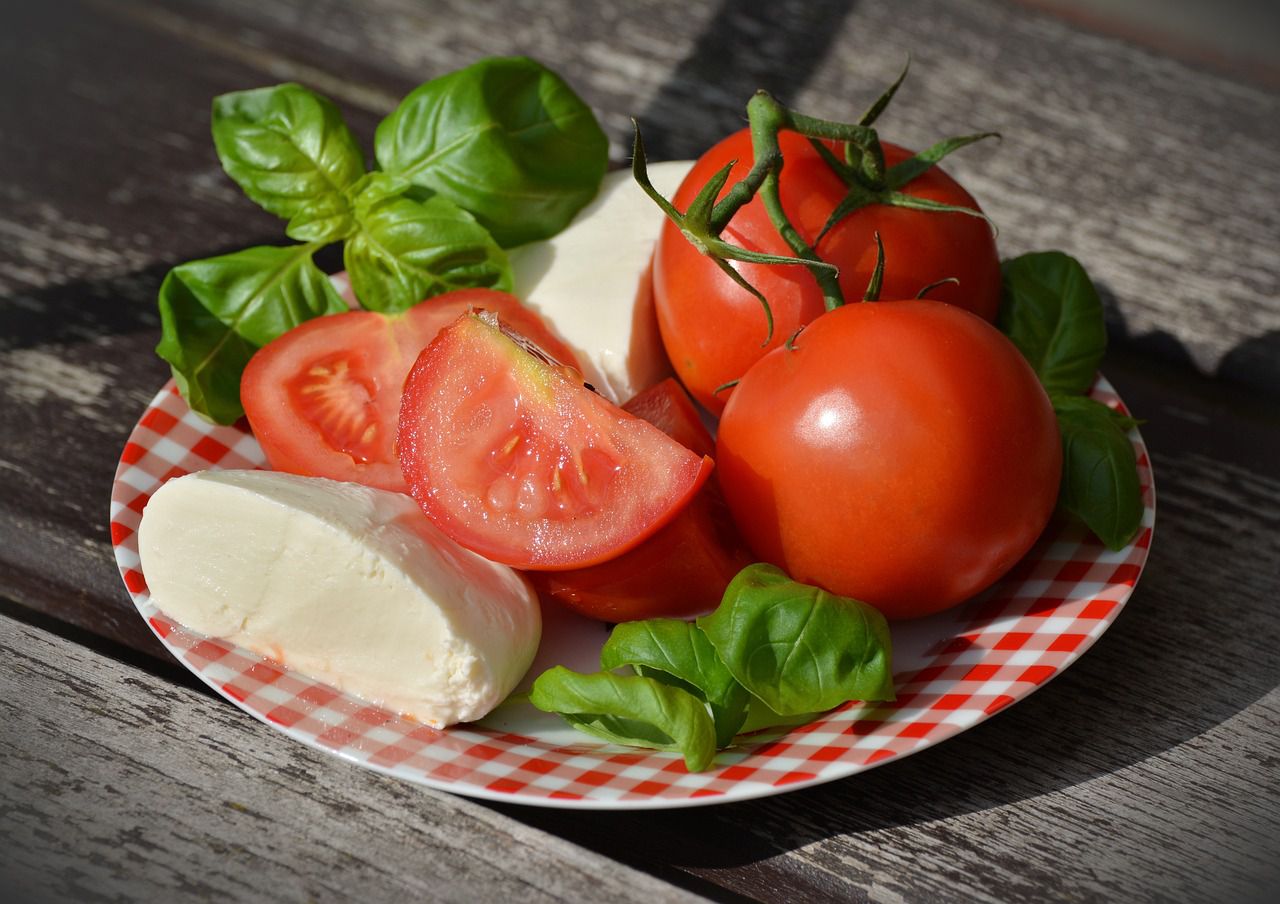A good salad isn't just a bunch of leaves with light sauce - it can be a proper meal, tasty and nutritious.
It all depends on its content, so you can make it as light or heavy as you want it.
And there are a few reasons why you should eat salads as complete meals more often.
Nutritional Variety
Salads often incorporate a wide range of vegetables, fruits, legumes, whole grains, and proteins, allowing you to obtain a diverse array of essential nutrients in a single dish.
By including different ingredients like leafy greens, tomatoes, cucumbers, bell peppers, carrots, beans, quinoa, chicken, tofu, or eggs, you can achieve a balanced and nutritious meal.

Fiber Content
Many salad ingredients, such as vegetables, fruits, and whole grains, are rich in dietary fiber.
Fiber aids in digestion, helps maintain healthy bowel movements, and promotes a feeling of fullness.
Including fiber in your meal can help regulate blood sugar levels, reduce cholesterol levels, and support a healthy weight.
Low-Calorie Option
Depending on the ingredients used, salads can be a lower-calorie alternative compared to heavier meals like burgers or pasta dishes.
By focusing on nutrient-dense ingredients and using lighter dressings or vinaigrettes, you can create a satisfying and flavorful meal with fewer calories.
Hydration
Salad ingredients often have high water content, which contributes to hydration.
Lettuce, cucumbers, tomatoes, and other produce used in salads can help maintain fluid balance in the body.









